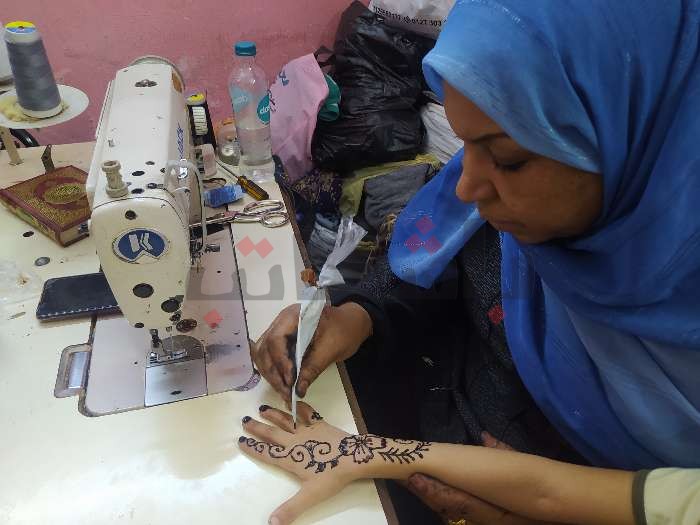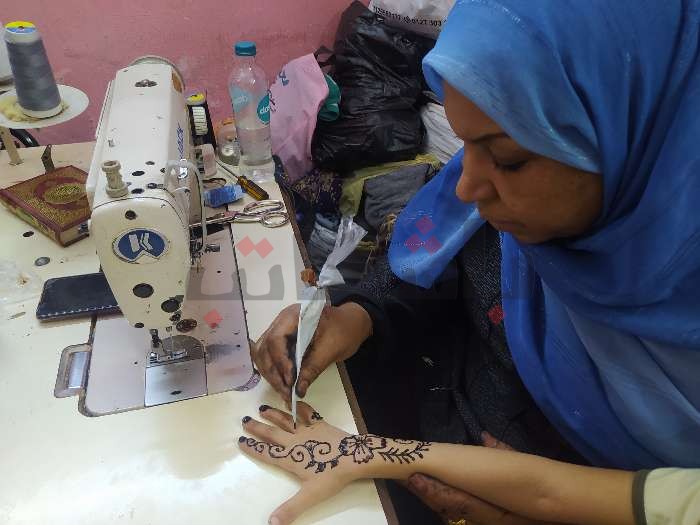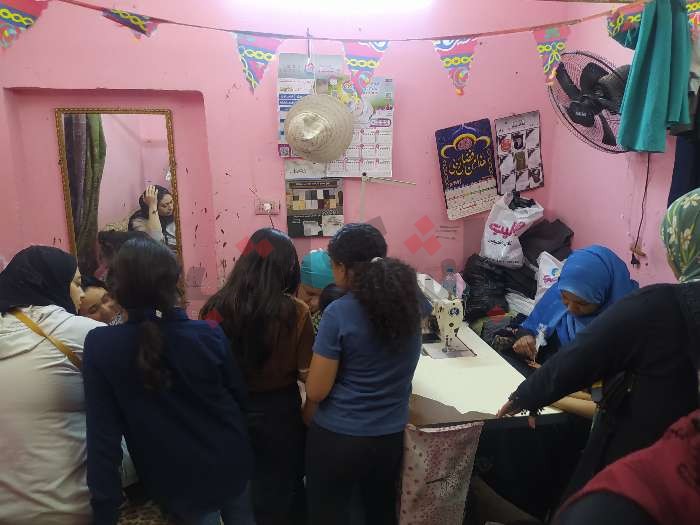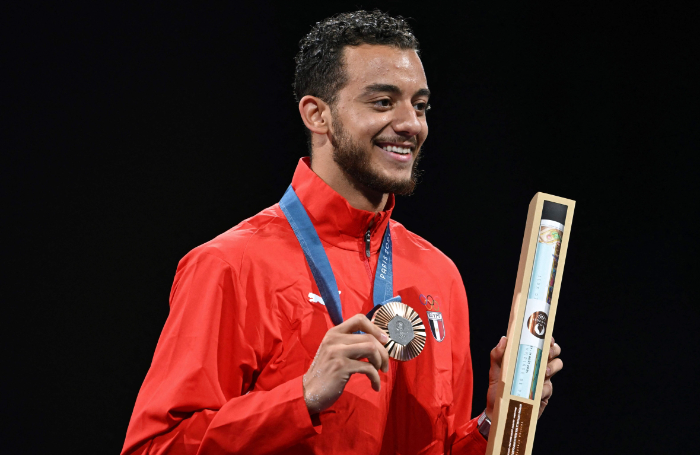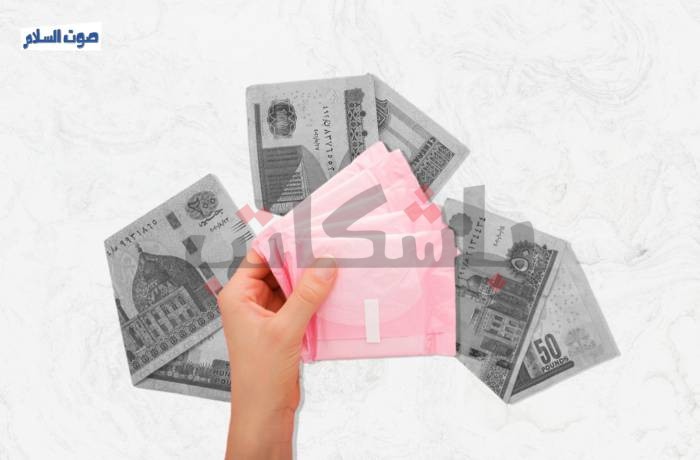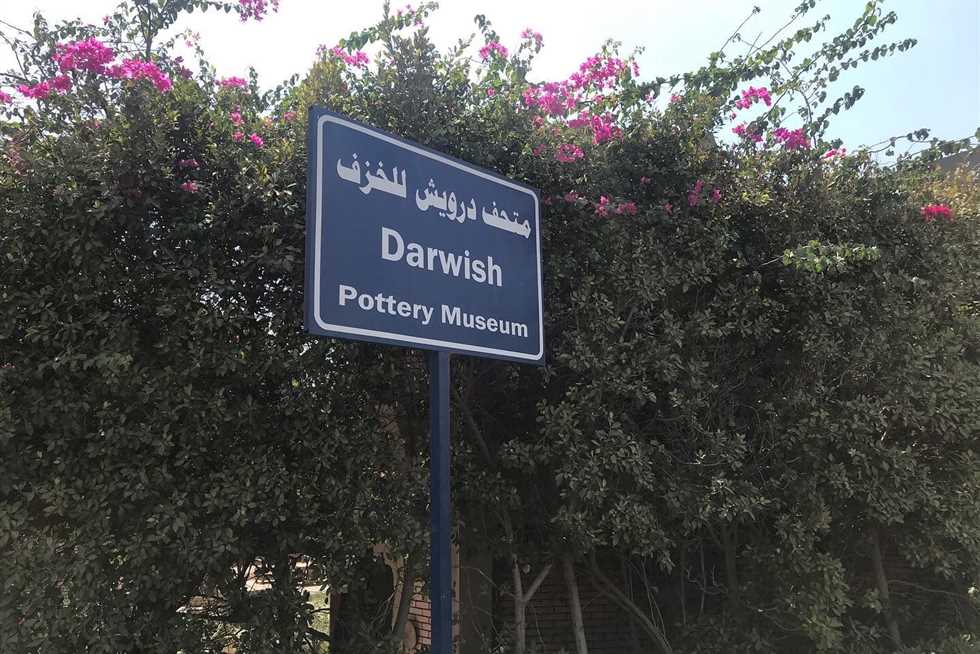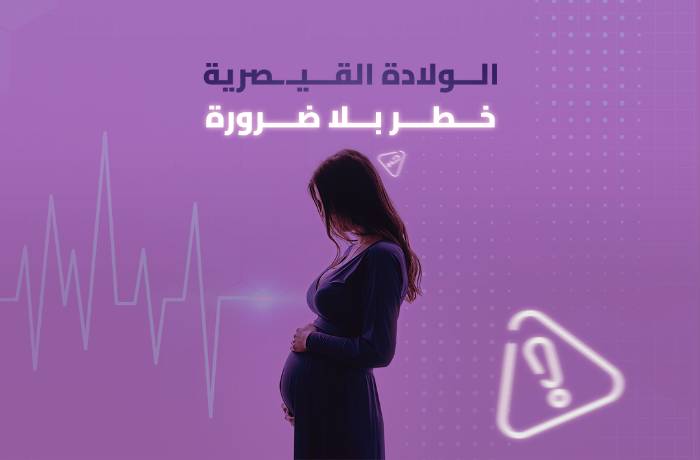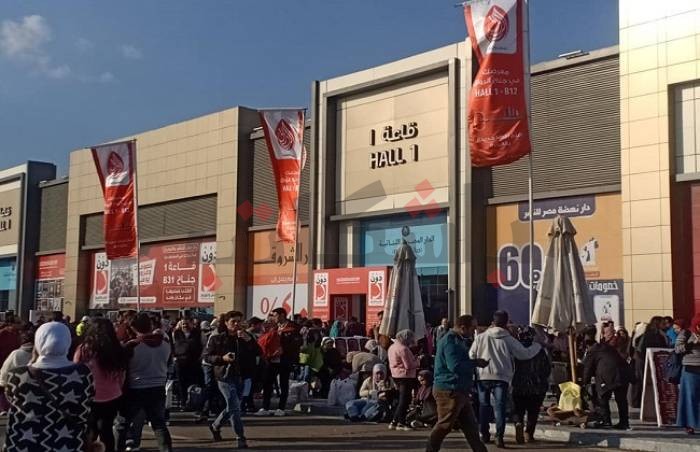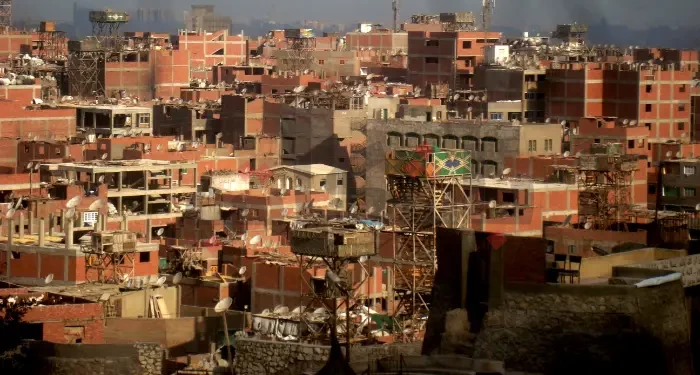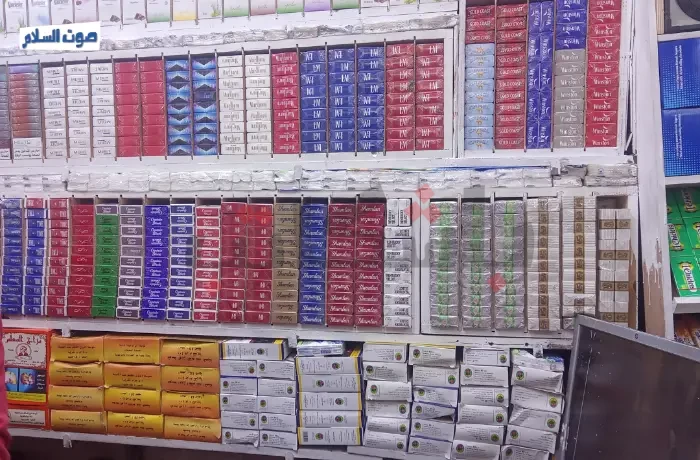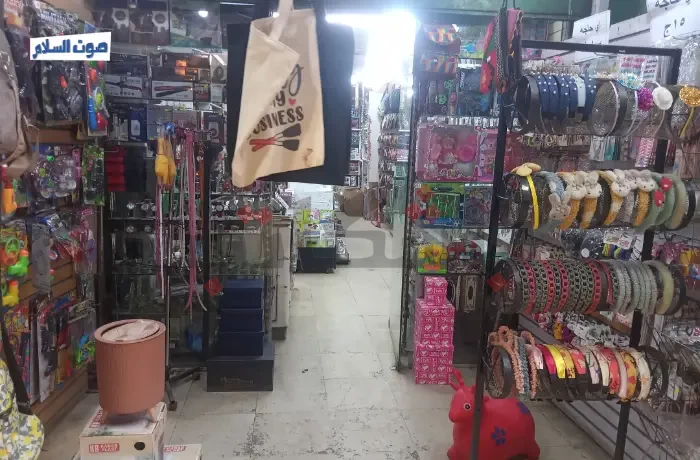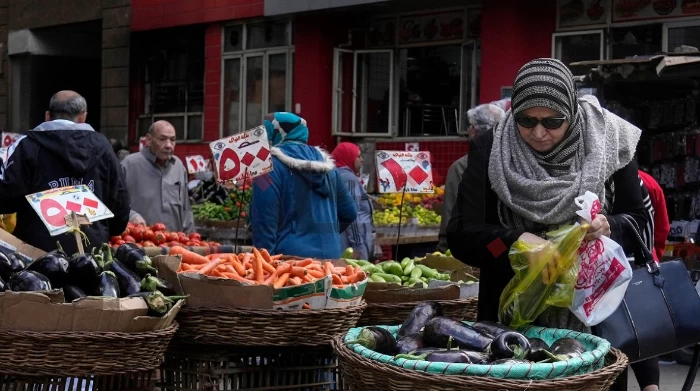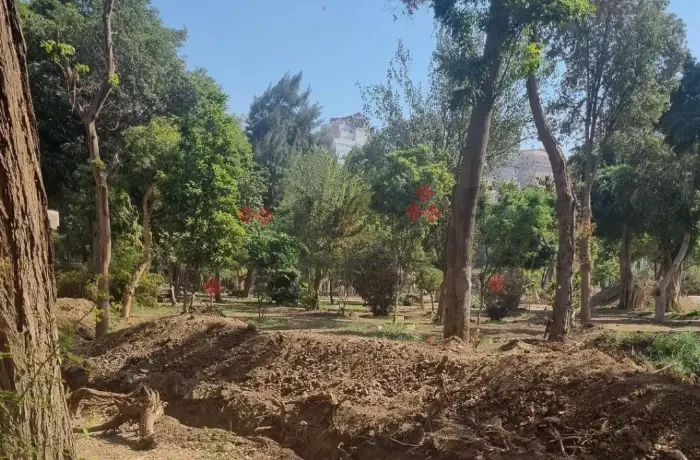The Eid has come| Lately, we feel that something has been dampening the joy of Eid, for reasons that vary from person to person. In several reports presented through this file, we pose the question from Port Said to Aswan: Why has the discussion about the joy of Eid become different on the tongues of quite a few people around us? At the same time, what are the alternatives we turn to in order to overcome these obstacles and ensure that the memories of our holidays persist, even if they are wrapped in economic, social, or technological pressures?
For women, Ramadan hardship isn't just about fasting or worship in general. It involves nearly intense household chores, from preparing Iftar and Suhoor meals to baking Ramadan cookies and biscuits. It culminates with the "apartment cleaning" campaign that most of them undertake at the end of the month.
In Dar es Salaam, Laylat al-Qadr seems to be the most enjoyable for the ladies of Dar es Salaam, followed by the Eid prayer and the accompanying celebrations. Many of them have to wear their Eid clothes during this time, followed by some traditions associated with the first day of Eid.
Other than that, they don't have many available alternatives and spaces to have more options than that.
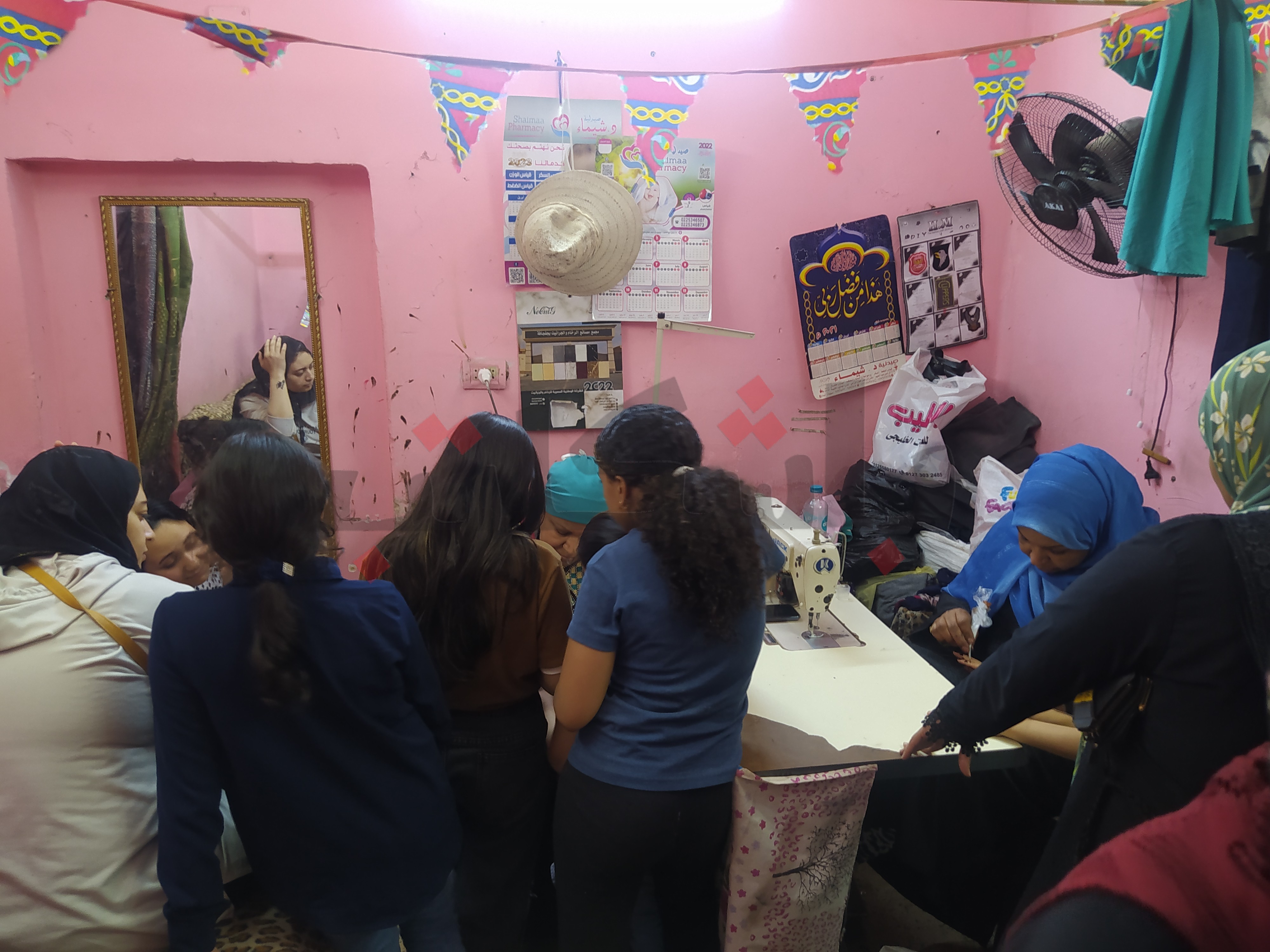
So, don't be surprised if I tell you that "henna" on Laylat al-Qadr is the most enjoyable tradition for many of them here. Its impact dominates their happiness during the rest of the Eid days.
“Henna paper, plate, henna paste" – Fathiya Hasaballah begins the rituals of Eid al-Fitr with these tools, creating joy and happiness for the ladies on the occasion of Eid.
Fathiya opens her shop located on Fatah Street after Iftar on Laylat al-Qadr and waits for customers. She kneads the henna while listening to the Eid Takbirs. Although she was primarily working as a tailor but she transforms it into a place for henna art during the Eid days. After customers arrive, she continues working until the Eid prayer and sometimes until the afternoon of the first day of Eid, due to the high demand and the fame of her distinctive designs.
Fathiya started drawing at her school in Aswan as a hobby inherited from her mother, similar to sewing and henna art. Fathiya later turned them into a source of income when, at the age of forty, she decided to open a shop for sewing and henna art.
In 1995, on the platform of Cairo Station, Fathiya and her husband arrived in Cairo and settled in Dar es Salaam, searching for job opportunities in the city, a suitable atmosphere for building a family, and better prospects for their dreamt-of children.
Drawing henna and its connection to Eid and festive occasions is something Fathiya is well acquainted with, having grown accustomed to it in her surroundings in Aswan. Nevertheless, she noticed a growing enthusiasm among the women in her community, as if it introduced a fresh outlet for them within the limited choices available to express celebration during Eid.
In a community where the majority faces economic challenges, henna emerges as a readily available option for the women. With its low economic requirements, it becomes an affordable means for them to engage in self-care.
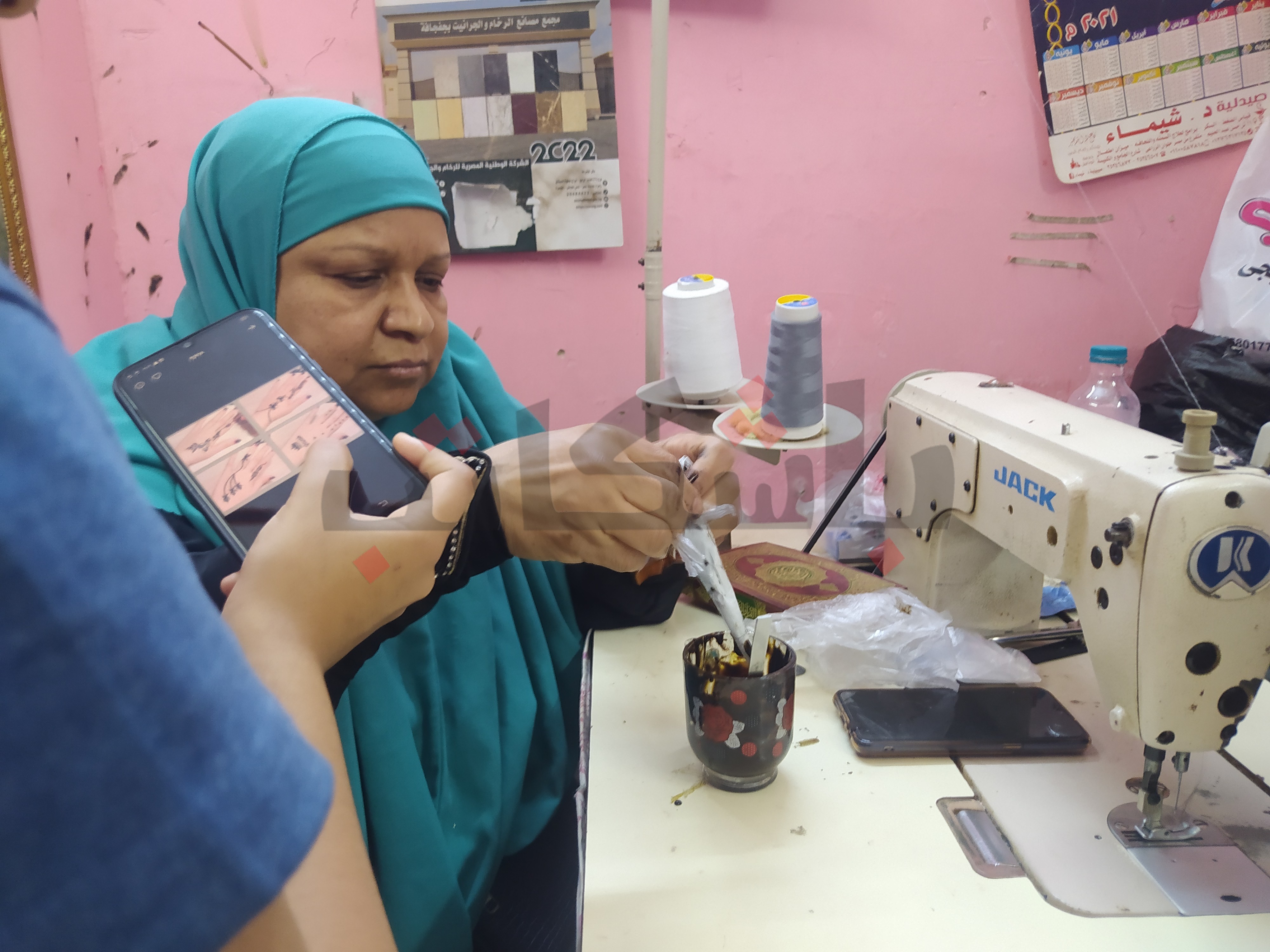
Fathiya started practicing henna art at home before establishing her own shop in 2019, a decision made as her children grew older. Over the past four years, the Eid festivities for the women of Dar es Salaam have undergone a significant change, influenced by the Laylat al-Qadr spent at Fathiya's shop—a night filled with the essence of Aswan and the happiness of Eid.
Within the gathering of women, Fathiya applies henna to their hands. Dina Mohamed, a housewife, mentions that it's her first-time getting henna done at Fathiya's shop. However, every Eid, she applies henna in different places, both for herself and her three daughters, instilling in them the tradition of celebrating joy during the festive season. Lately, she decided to seek henna with an Aswanese or Sudanese touch instead of going to hair salons because it is more specialized and comes at the same price.
Dina selects designs online for Fathiya to apply, with the majority being tattoo-style patterns obtained from non-Egyptian websites. These designs are different from the traditional henna drawings. However, some of Fathiya's clients prefer traditional henna designs, expressing their fondness for them.
Abir Ali, 35, also shares her story. She moved to Egypt two years ago due to the war and decided to look for a henna artist ("hanana") until she found Fathiya. Fathiya provides her with the red henna that is popular in Yemen, and sometimes she also applies black henna for a change.
Abir believes that her decision to get henna done during both Eid and regular days in the past two years is meant to bring joy to herself. The joy is heightened during Eid, as she, being a homemaker, dedicates 30 days to social gatherings and increased household responsibilities, particularly during Ramadan. She explains that she came to Egypt in search of a happier life without war. Consequently, during holidays, she explores various avenues for happiness, with henna art holding particular significance for her.
Fathiya works tirelessly from Laylat al-Qadr until the morning of the first day of Eid, handling the workload on her own without any assistance. This is because there are women who seek henna art, particularly when they are allowed to linger late into the night on Laylat al-Qadr, patiently waiting for hours to have their henna designs. Fathiya's children understand that this is the sole day of the year when she is away from home.
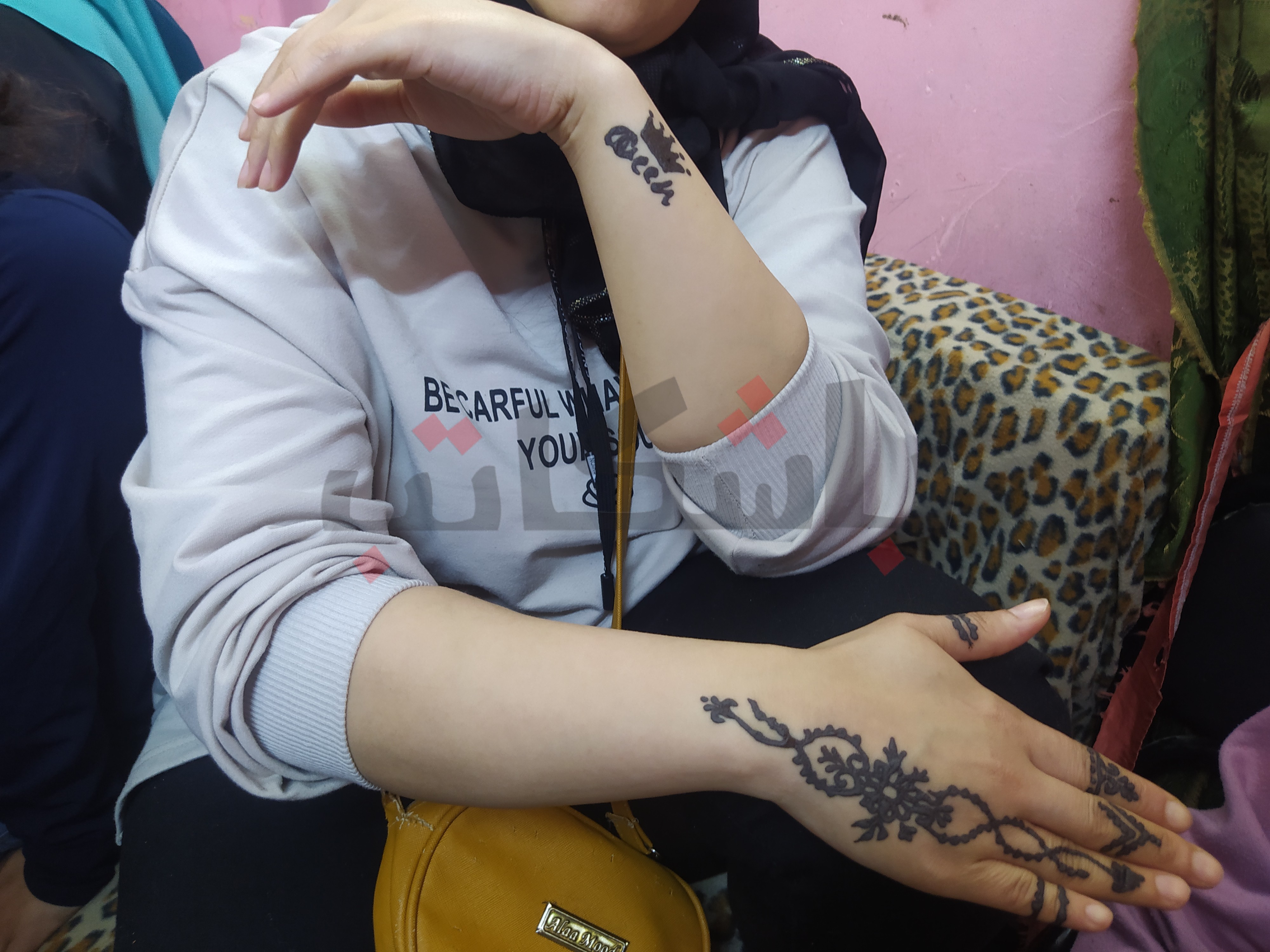
Throughout a henna art night, Fathiya offers a spacious "couch" in her shop where clients can sit. They opt to play their favorite songs for the day, each person selecting their preferred tunes. While this unfolds, Fathiya concentrates on making tea, her favored beverage. She procures additional sugar and tea for this specific occasion, foreseeing the requirements of her customers.
"Fathiya expresses a particular love for henna art during Eid more than any other celebrations due to the festive spirit. She hopes to continue this tradition in the coming years, bringing a unique joy to the women of Dar es Salaam during their Eid celebrations."
